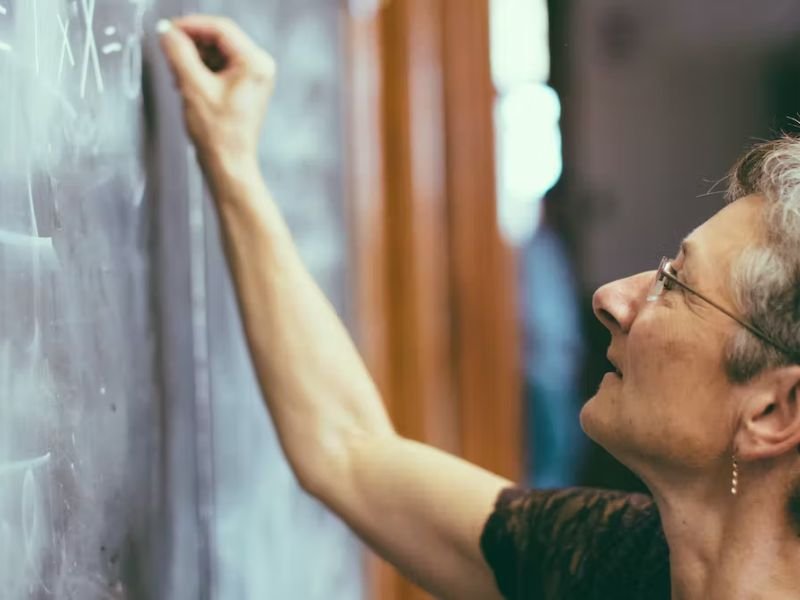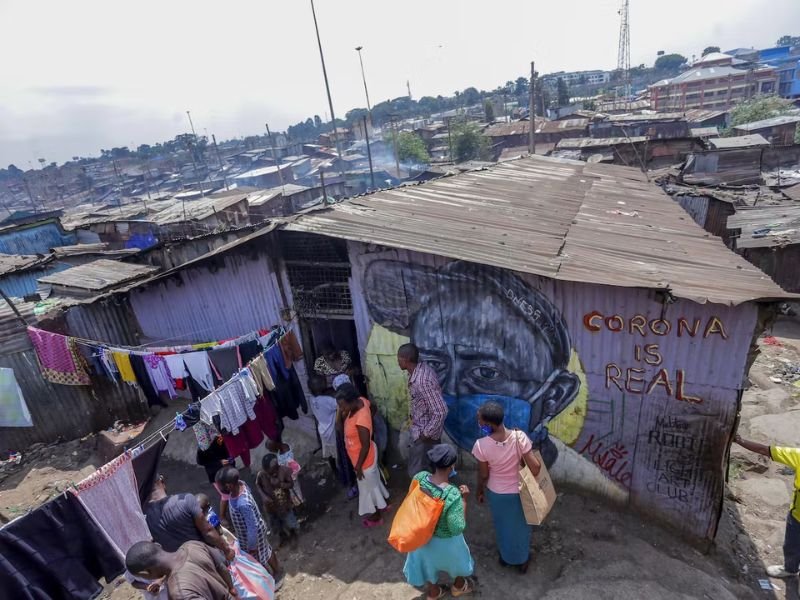According to a new study, the South African public education system will face a massive wave of teacher retirements in 2030.
The Teacher Demographic Dividend project is a three-year project led by a team of more than 20 researchers at Stellenbosch University’s Research on Socioeconomic Policy (RESEP) unit, and it will be published on Thursday.
Professors Nic Spaull and Servaas van der Berg are in charge of the project. From 2022 to 2024, Stellenbosch University will lead the project, which will investigate the impending wave of teacher retirements.
According to Van der Berg and Professor Martin Gustafsson, the country faces an ageing teacher population by 2030.
“In 2021, half of South Africa’s publicly employed teachers (49%) will be over the age of 50, heralding a wave of teacher retirements. Teachers can retire at the age of 55 and, in most cases, must retire by the age of 60, though in some cases, a limited number are permitted to remain in the classroom until the age of 65. Overall, 49% of teachers are 50 or older, with 25% being at least 55. As a result, a large retirement wave is unavoidable.”

According to a new study, the South African public education system will face a massive wave of teacher retirements in 2030.
The Teacher Demographic Dividend project is a three-year project led by a team of more than 20 researchers at Stellenbosch University’s Research on Socioeconomic Policy (RESEP) unit, and it will be published on Thursday.
Professors Nic Spaull and Servaas van der Berg are in charge of the project. From 2022 to 2024, Stellenbosch University will lead the project, which will investigate the impending wave of teacher retirements.
According to Van der Berg and Professor Martin Gustafsson, the country faces an ageing teacher population by 2030.
“In 2021, half of South Africa’s publicly employed teachers (49%) will be over the age of 50, heralding a wave of teacher retirements. Teachers can retire at the age of 55 and, in most cases, must retire by the age of 60, though in some cases, a limited number are permitted to remain in the classroom until the age of 65. Overall, 49% of teachers are 50 or older, with 25% being at least 55. As a result, a large retirement wave is unavoidable.”
They stated that even when graduates are not entering the public sector, “university outputs are on a sound trajectory, and should be able to deal with a demand for a larger teacher workforce to reduce the learner educator ratio, reduce class sizes somewhat, and put the country back on an improvement trajectory in international testing programmes.”
Through the Funza Lushaka Bursary programme, the Department of Basic Education also invests in teacher training. This year, at least 12 000 student teachers were funded.
Poppie Ntaka, the study’s author, discovered that while universities are increasing teacher training outputs, provinces are not hiring them. Instead, classroom teacher-learner ratios were rising as a result of provinces’ inability to hire due to budget constraints.
“While teacher production has increased significantly, provinces have not increased the number of teachers hired, and this gap has grown over time. Only 14 524 teachers were hired by provinces in 2021, while 28 335 graduated from universities, implying that only half of graduating teachers were hired. This was 75% between 2015 and 2016 “Ntaka stated this.
Don’t forget to follow us on Facebook | Instagram | Twitter | LinkedIn to get the latest updates from Cape Town Tribune










